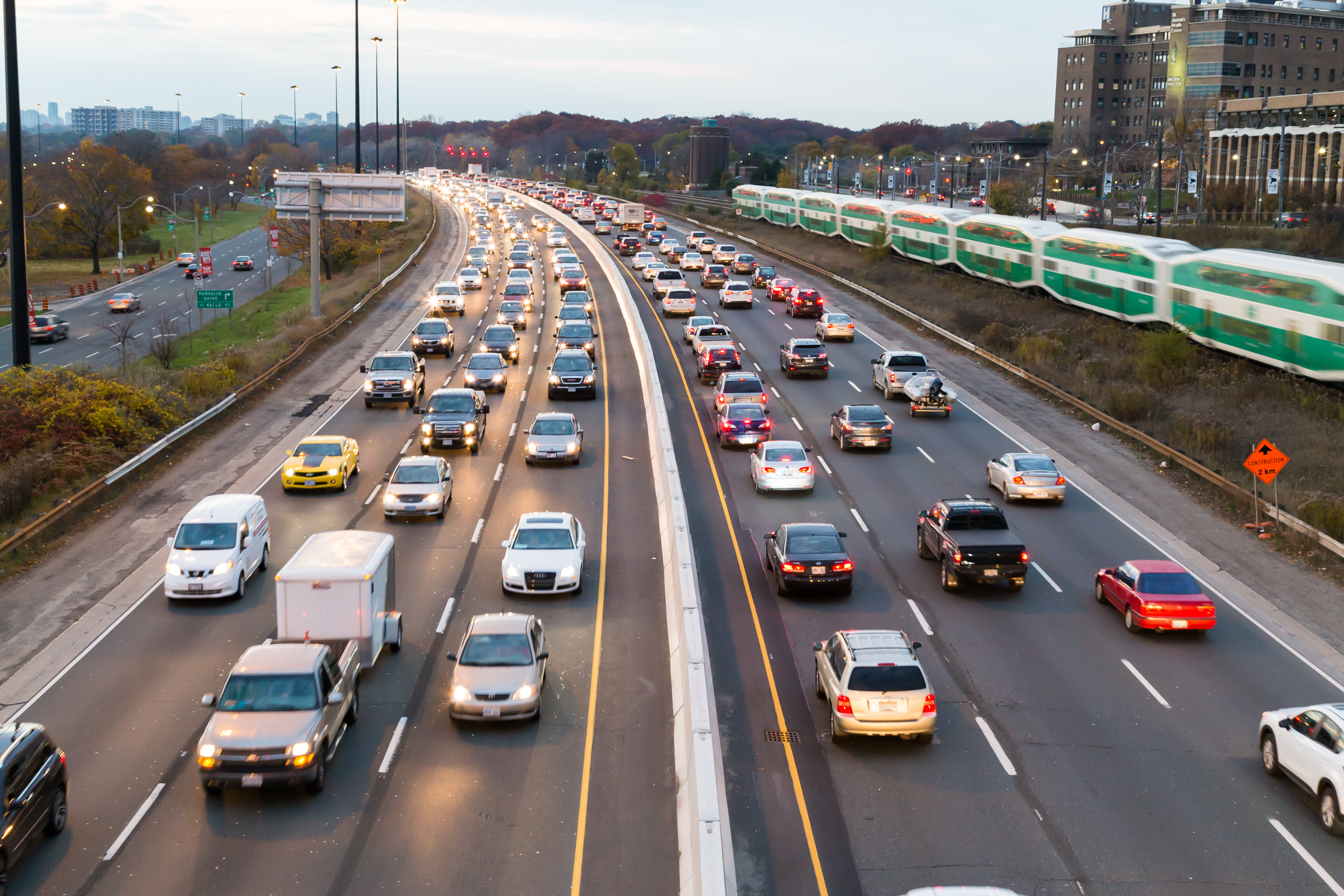These days, more and more people are working from home or enduring 90-minute plus commutes. Many are doing a combination of both. These types of employees are also making “significantly more money than their peers,” according to a new study.
A 2018 study found that Toronto was the worst city for commuting in the country and the sixth worst in the world. An average worker in the city spends 96 minutes a day commuting. This includes 73 percent of commuters who require at least one transfer during a single journey to get to their destination.
The cities with worse commutes than Toronto? Rio De Janeiro, Brazil; Bogota, Colombia; Sao Paulo, Brazil; Istanbul, Turkey; and Salvador, Brazil.
Working at home is also becoming increasingly popular. Since 2005, remote workers have increased by 89 percent, according to research by Apartment List, which examined U.S. commutes.
Researchers found there is a wide variation in pay among super commuters and telecommuters compared to those who live near their workplaces. In California, for example, super-commuters earn as much as 20 percent more than their neighbours in Stockton and 18 percent more in Modesto.
Long commutes are on the rise. From 2005 to 2016, the percentage of super commuters increased by 15.9 percent. The cause? Cities and inner suburbs are becoming increasingly expensive, and without major investment in public transit, the number of super commuters is expected to continue.
The length of commutes can be tackled by improving existing transit, building new infrastructure, and creating communities near transit.
Housing prices in cities keep growing as higher-income families move in. Lower-income households are unable to afford communities they used to inhabit. Displaced residents require improved transit choices to improve social mobility.
Overall, super commuters are a small percentage of the workforce. In 2005 in the United States, there were approximately 3.1 million super commuters. That number swelled to four million in 2016. More and more commuters are also travelling 25 minutes or more to work.
The Apartment List study puts some of the commuting blame on “superstar cities,” many of which have technology hubs. They are pricing out some workers who must move farther away from their jobs, necessitating longer commutes.


